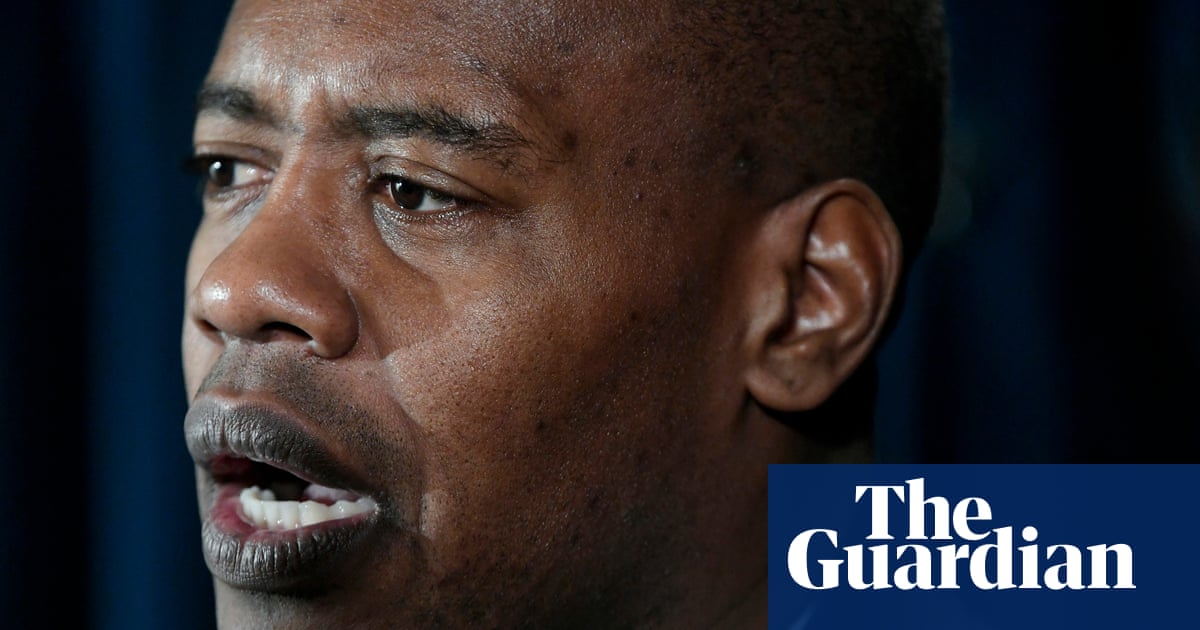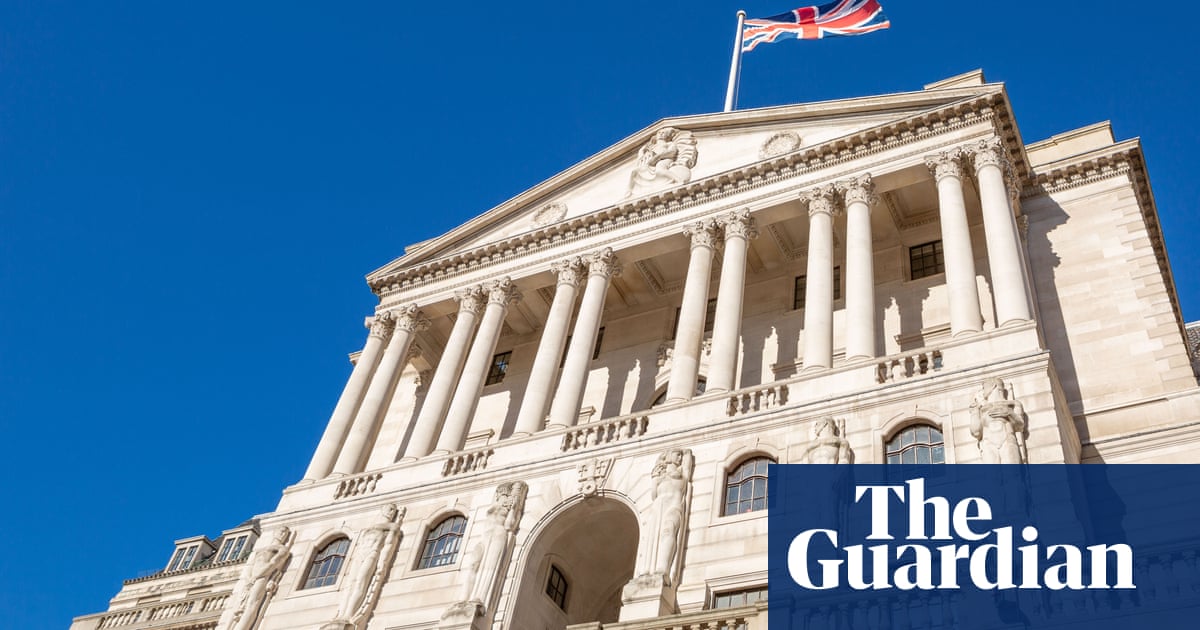
I was an odd child. Alongside the pictures of Prince and Public Enemy on my wall as a teenager, I had images of British politicians such as Tony Benn, Bernie Grant and, of course, Diane Abbott.
As a politically obsessed young Black person growing up on an inner London council estate, seeing Grant, Abbott, Paul Boateng and Keith Vaz break the colour bar in 1987 and take their seats in parliament felt like a watershed moment.
Finally, people who looked like me, and with similar backgrounds, were taking their places around the tables of power. Our communities would no longer be political footballs, and these four representatives – and the countless others who would no doubt follow – would be our voices.
As the first Black woman elected to British parliament, Abbott has held a special significance for Black voters for the past 37 years.
When I became political editor of the Voice in the late 90s, Abbott was well established as a parliamentarian who persistently spoke out on human rights, anti-Black racism and the murder of Stephen Lawrence. If there was a campaign calling for justice for any progressive cause, you could guarantee her name would be top of the list of supporters.
When I joined the Labour party, in 1994, Abbott was there – still speaking up, still being put down – as she was when I rejoined in 2015. But throughout all of this, even when her views did not align with those of the leadership, the party acknowledged hers was an important voice, and it found space for her and people who shared her politics.
The way Abbott has been treated by the party – particularly with her banishment in 2023, and the subsequent confusion that began today over whether she will be able to stand as an MP – creates a real problem for Labour and its future relationships with Black communities.
When Labour lost the 2019 election, it was clear there would be changes. The incoming leadership was keen to put clear blue water between the “changed” Labour party and the party before it.
Perhaps the new regime sees Abbott as a Corbyn-era symbol. The seemingly performative disrespect it is doling out to her might feel to it like a show of strength or a demonstration of its commitment to this changed party.
But as someone who was blocked from standing for the Labour party in 2022, I have felt its treatment of her personally. To many Black people, it feels like a mirror of the disrespect we still face on a daily basis.
Many of us are thinking: if this is how Labour treats someone as high-profile as Abbott, how will they treat our communities once they are in power?
Black communities know what it is like to be under constant scrutiny and are all too familiar with the sting of unfair criticism. We see how Abbott is treated when she fudges the figures on live radio, compared with the way the mistakes of others are brushed off. We see the criticism she gets for seemingly minor misdemeanours, such as drinking a canned cocktail on a train. We see how she is ridiculed and demeaned by mainstream commentators – and we take the slights personally.
Suspending Abbott for what was undoubtedly an offensive mistake, which she immediately apologised for, was shocking. But keeping her in limbo for more than a year, and for five months after the investigation was completed, is beyond the pale.
It very much feels as though she has been deliberately left hanging on, in an attempt to limit her options and prepare the Hackney ground she has so lovingly nurtured for a new Labour face. If this is true, it is an absolutely shocking way to treat any human, let alone one of Abbott’s stature.
Politics, we are constantly reminded, is about power, but true power comes from the coalitions you are able to pull together. Working-class communities of colour must be part of the new Britain Labour hopes to build. Because when Black communities are marginalised, other communities are not far behind.
I truly hope the Labour party moves quickly to make it clear that Diane will continue to be a valued member of our party and a champion of her constituents, if she chooses to. Regardless of her treatment, she should know she will remain an icon for the Black community.
Maurice Mcleod is an anti-racism activist, social commentator and Labour councillor












